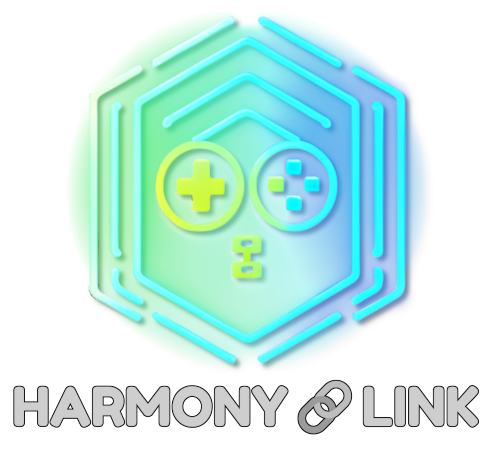4.1 KiB

Welcome to the server-side application for the HarmonyLink project. This innovative software is developed with the Rust programming language and is aimed at enhancing the handheld gaming experience.
The Vision and The Reality
The central goal with HarmonyLink is to provide a comprehensive and interactive gaming experience on handheld devices. This client-side application is a crucial part of this vision.
Key Features
- Device Identification: HarmonyLink equips games with the ability to identify the specific handheld device they are operating on.
- Real-Time Metrics: Games can access real-time data about the handheld device's power usage and docking status through HarmonyLink.
- Cross-Platform Compatibility: HarmonyLink extends its functionality to Windows games running on Proton/Wine.
How It Works
HarmonyLink operates using a client-server structure. This server-side application runs on the host side (native Linux or Windows), and games access the metrics via an API.
Developers and modders can easily implement GET and POST requests from the API, integrating system metrics into games. These metrics can be used to adapt the game's quality settings, providing a more customized gaming experience.
Getting Started
Prerequisites
Before getting started, make sure you have:
- A working installation of Rust.
- Familiarity with Rust syntax and concepts.
- Git installed on your system.
Compiling
- Clone the repository:
git clone https://github.com/Jordonbc/HarmonyLinkServer.git - Navigate into the directory:
cd HarmonyLinkServer - Build the project:
cargo build - Run the project:
cargo run
HarmonyLink: View
To view the API in action, check out HarmonyLink: View. This sister project provides a comprehensive interface to see what data the API is providing.
Showcasing HarmonyLink
👇 To help visualize its functionality, we've included a demonstration video that showcases HarmonyLink in action on a Steam Deck in gamemode. 
Conclusion
HarmonyLink is a significant step towards revolutionizing the handheld gaming experience. Whether you're a game developer aiming to optimize your games for handheld devices or a gamer seeking a more personalized handheld gaming experience, HarmonyLink might just be what you've been waiting for.
We welcome your feedback, questions, and suggestions. Feel free to raise an issue or submit a pull request. Happy coding and game on!
Frequently Asked Questions (FAQ)
Q1: What platforms are supported by HarmonyLink?
A: HarmonyLink supports both native Linux and Windows platforms, and extends its functionality to Windows games running on Proton/Wine.
Q2: How can I get started with HarmonyLink?
A: You can start by cloning the HarmonyLinkServer repository. Detailed instructions are provided in the Getting Started section.
Q3: Can HarmonyLink be used with games developed in different game engines?
A: Yes, HarmonyLink is designed to be engine-agnostic and can be used with games developed in different engines. For Unreal Engine, there is a specific Unreal Engine Plugin available.
Q4: Is HarmonyLink only for game developers, or can players also use it?
A: While game developers will find HarmonyLink particularly useful for optimizing their games for handheld devices, players can also benefit from the enhanced gaming experience that HarmonyLink provides.
Q5: Does HarmonyLink have any impact on the performance of the games?
A: HarmonyLink is designed to be lightweight and efficient, with minimal impact on game performance. The primary purpose of HarmonyLink is to enhance game performance by allowing games to adapt their settings based on real-time device metrics.
License
This project is licensed under the GNU General Public License v3.0 or later.